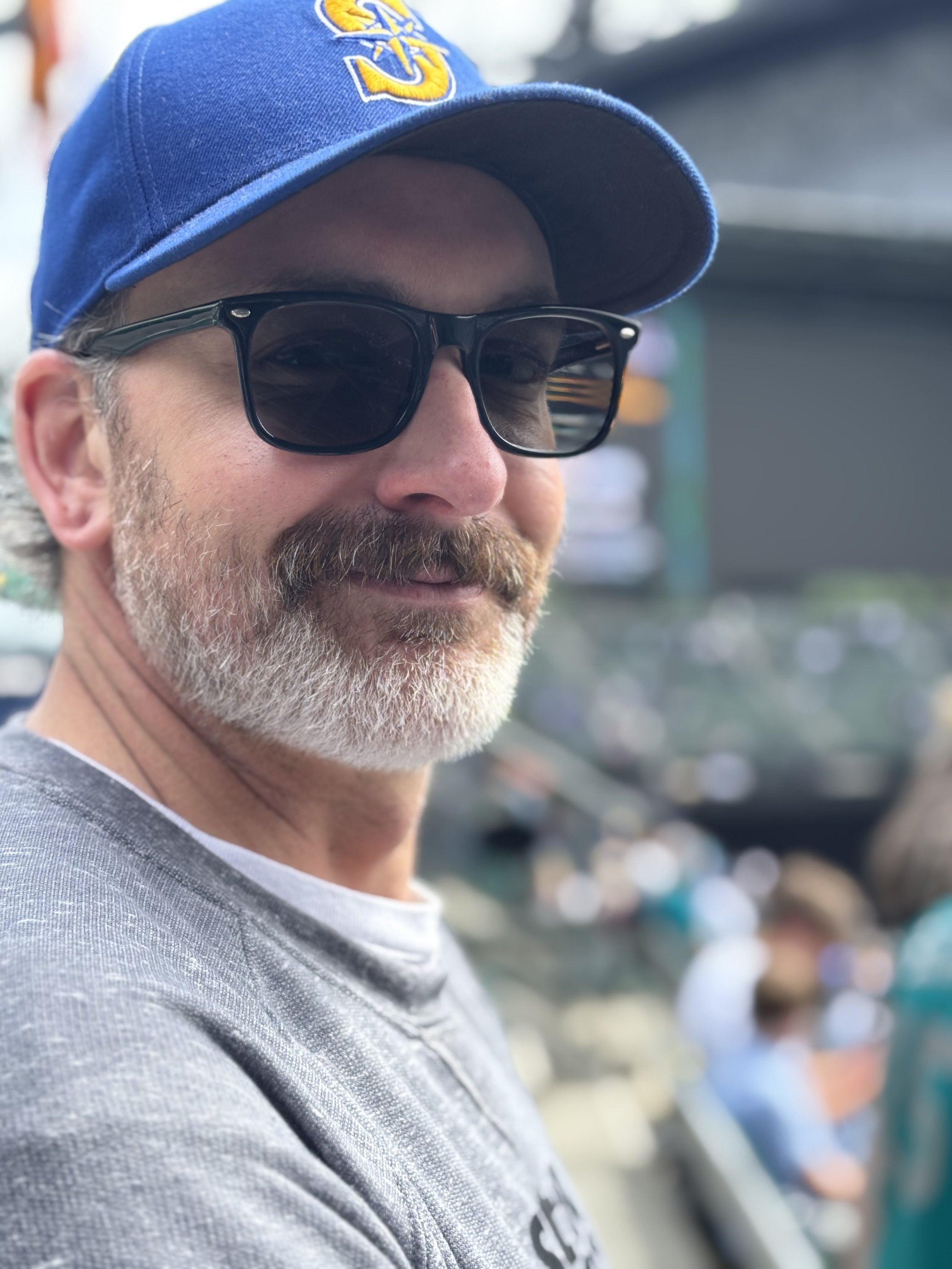What is A Recovery Coach?
A Recovery Coach is a professional who helps to identify and remove barriers and obstacles to recovery. Recovery Coaches serve as a guide for people who are pursuing or are already in recovery from an addiction to drugs or alcohol. A Recovery Coach provides strengths-based support and focuses on empowering whoever we work with as a whole person as we help identify triggers and cravings, while developing tools to help navigate them. A Recovery Coach believes there are many pathways to recovery and that there is more than one way to achieve your recovery goals. And it is the Recovery Coach’s job to positively support and promote them.
My Story
My name is Sean, and I began my recovery in 2015. After many years of drug and alcohol abuse, I learned that my lifestyle and my appetites were going to put me into an early grave. I had my last drink a little over a year later.
Kicking a secret drug habit and quitting drinking was the hardest thing I’ve ever done. The idea of quitting or changing my behavior in a way that would lead to long term change felt nearly impossible to me right out of the gate. I was surrounded by the temptation to drink and use, everywhere. I went to a few different meetings to try and find some sense of community, but none of what was available in my area felt like a good fit. I didn’t feel like I belonged and often couldn’t get on board with how they said I had to be - or needed to believe about myself and the universe - in order to be successful in my recovery. I white knuckled it for a few months in the beginning, but ultimately I ended up going back to drinking. Only a little at first, but all it took was one big social event for me to dive back in. The very next day I ended up back in the hospital, being told the same thing I was told the year before - Quit, or else. I was scared and ashamed and didn’t really know what was going to happen next.
Over the next year I sold everything I owned to buy an old motorcycle from a friend, disappeared, wandered and camped and lost my mind in the desert for six months until the money ran out, then came back to the Northwest to try and get some real help. I found a therapist, found some meetings I could sort of align with enough to feel like I had a small recovery community, and started to explore the idea of recovery and how we handle it in the United States.
In the years that followed, I stayed off the sauce and everything else I used to rely on, and I worked as a case manager and peer support specialist. And I always kept an eye and ear on how substances and the people who use them are portrayed, talked about or treated. And I watched people slipping through the cracks or not getting the help they need because the traditional methods of supporting someone in recovery didn’t work for them. I started to see a connection between my experience and the experiences of so many of the people I worked and associated with, and how there’s something missing in what we can offer to people who are beginning or trying to maintain their recovery from drugs and alcohol. That the systems we have been relying on don’t treat and consider the Whole Person when pushing them to stop using. I also noticed that many loved ones who are invested in the health and well-being of someone who is struggling with or working through recovery are often uninformed or ill-equipped when it comes to the support they truly want to provide. In my frustrated search for alternative resources, I learned about and met my first recovery coach. Upon learning more about what they could offer, then seeing true, tangible and noticeable benefits of working with a coach, I decided that that was what I was going to put my life and energy into.
That was in 2019. And I have been in training and studying to become a resource for those who feel that they need or want an alternative, personal, flexible, adaptable and whole-person focused recovery support ever since. I started coaching professionally in 2022 and continue to dedicate time to training and exploring new ways to support people in recovery and those who love and wish to support them. Every. Single. Day.
Because I’ve been there. And knowing what I know now, I wish this had been available to me in 2015, when I was faced with the hardest choice I’ve ever had to make.

